Central Retail conducts materiality assessment annually to ensure that material topics are being updated by considering global trends and context that undergo constant changes. Central Retail identifies key sustainability issues by assessing Environmental, Social, and Governance (ESG) factors, considering both the impact of ESG on the business (Financial Materiality) and the impact of business operations on the environment and society (Impact Materiality), in accordance with the Double Materiality principle. This approach aligns with international reporting standards including the European Sustainability Reporting Standards (ESRS) and the Global Reporting Initiative (GRI). This process enables the organization to effectively identify and manage ESG-related risks and opportunities, enhancing competitiveness and meeting the expectations of stakeholders. This allows Central Retail’s readiness for new regulations and drive business growth while upholding social and environmental responsibility.
Materiality Assessment Process
1. Understand the Organization’s Context
Central Retail has analyzed the context of all activities throughout the value chain that connect with its stakeholders. It has also considered key sustainability issues based on international standards, global trends, and peer-benchmarking to gain a more comprehensive understanding of sustainability and business contexts.
2. Identify Actual and Potential Impacts
Central Retail has identified both potential and actual on positive and negative impacts on key sustainability issues. This assessment was conducted through data analysis gathered from interviews and surveys with stakeholders, including employees, business partners, customers, shareholders, creditors, government agencies, and the community and society. More importantly, as part of the materiality assessment, Central Retail has applied the frameworks of COSO Enterprise Risk Management 2017 (COSO ERM 2017), UN Guiding Principles on Business and Human Rights, and other international standards on human rights in analyzing the impact that covers human rights risks, which will be integrated into the Company’s regular enterprise risk management process.
3. Assess and Prioritize the Significance of the Impacts
Central Retail has assessed the significance of identified impacts on each materiality topic by considering assessment criteria which includes the severity of the impact and the likelihood of occurrence. Additionally, it has assessed the risks and opportunities of these impacts on the business by evaluating the size of financial implication and the likelihood of occurrence.
The assessment results are prioritized by classifying key topics into three groups: Value Creation, Focus, and Fundamental. This classification will be the instrument for sustainability management and reporting approaches. The prioritization process considers alignment with relevant international standards and ESG expert opinions from external organizations
4. Review and Approval of the Results
The Corporate Governance and Sustainability Committee reviews and approves the materiality assessment results and presents to the Board of Directors for endorsement. These key issues help to develop Central Retail’s sustainability strategies and targets, as well as to determine topics for disclosure in the sustainability report.
Materiality Assessment Results 2024
Based on the assessment results, Central Retail has identified and categorized key topics into three groups, each with a distinct strategic approach and reporting framework:
Value Creation: Focus on defining clear strategies and management approaches to drive tangible impact and enhance business success. Comprehensive reporting covers all relevant information, presenting measurable outcomes in quantitative or financial terms.
Focus: Emphasize demonstrating strategic commitments and actions to improve efficiency and productivity. Reporting includes management approaches to address significant impacts, risks, and opportunities.
Fundamental: Prioritize a governance structure and management approach to ensure compliance with or exceed applicable regulations and standards, with reporting on essential information to stakeholders.
| Environment | Social | Governance | |
|---|---|---|---|
| Value Creation | |||
| Value Creation |
Climate Change  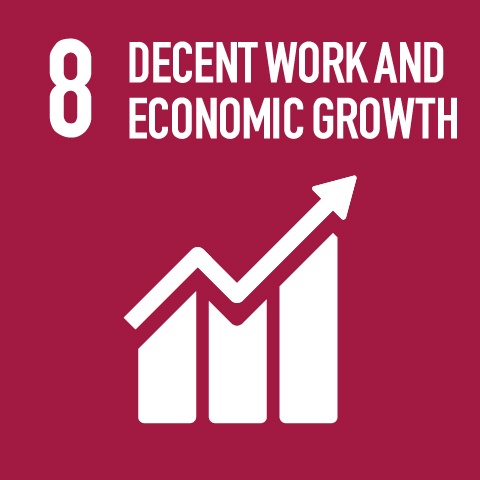  |
Customer Relationship and Brand Management 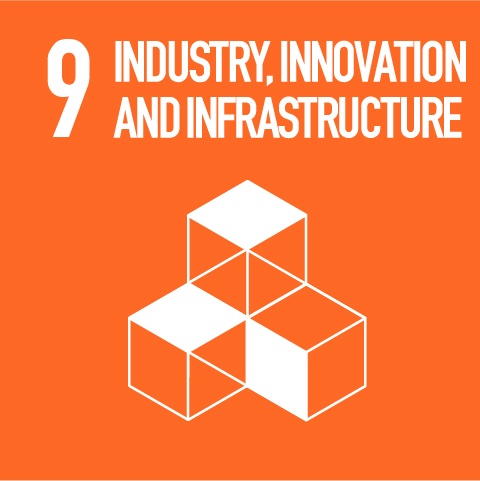 Human Resource Management 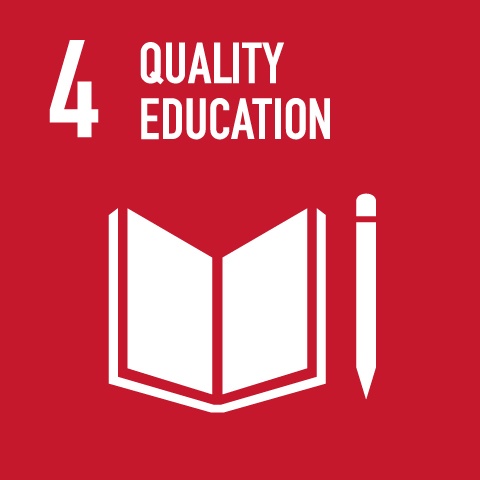  |
Innovation  Supply Chain Management   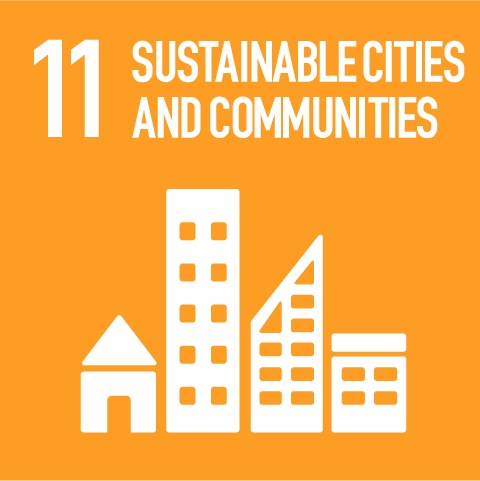 |
| Focus | |||
| Focus |
Resource Efficiency 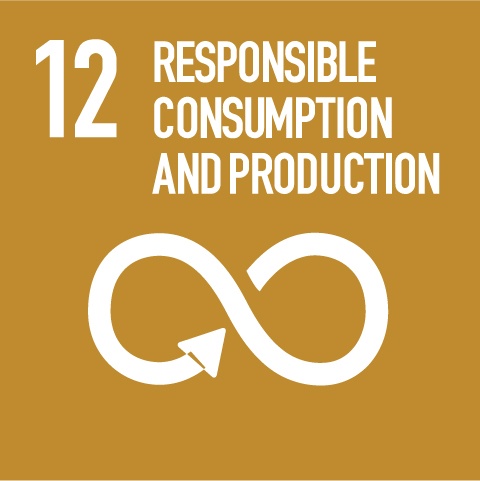 Responsible Sourcing     |
Community Contribution 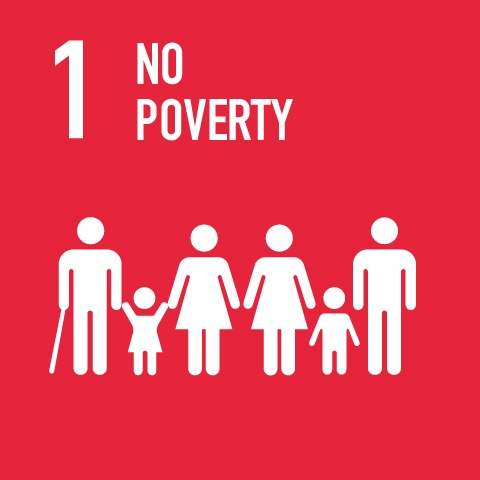    Diversity, Equity and Inclusion  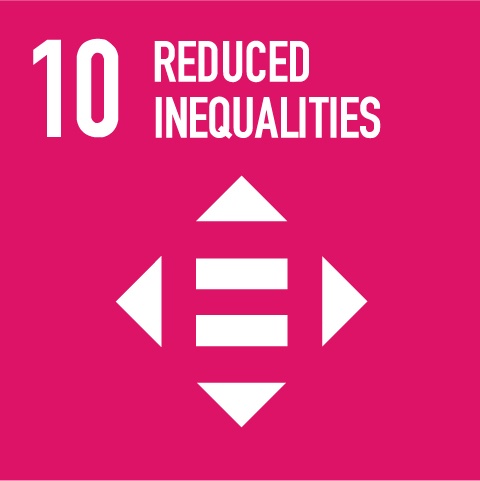 |
Cybersecurity and Privacy Protection  |
| Fundamental | |||
| Fundamental |
Human Rights   Occupational Health and Safety  |
Corporate Governance and Business Ethics  Risk and Crisis Management  |
|
The Corporate Governance and Sustainability Committee, appointed by the Board of Directors, oversees the Company’s governance and sustainable development efforts to ensure alignment with its strategies and policies. Reporting directly to this committee, the Environment Committee and ESG representatives, comprising executive-level leaders from various departments, oversee and drive organization-wide sustainability management and initiatives. In the area of management, the Corporate Sustainability Team and Sustainable Development Working Team, which include the Head of Sustainability from each BU, are designated key personnels to drive sustainability issues and ensure effective implementation across operations.

Climate Change
Impact
Long-term greenhouse gas emissions may result in climate change seen in intensified natural disasters such as floods, storms, or draught. The impact may become more severe to the point that it affects the surrounding businesses and communities as well as results in the loss of confidence among stakeholders.
Relevant Stakeholders
Shareholders, Employees, Suppliers, Customers, Creditors, Government, Communities.

Responsible Sourcing
Impact
Responsible sourcing supports the production of goods and services that positively impact the environment and society, while also conserving biodiversity, preventing deforestation, and improving the well-being of local communities. It also promotes good health and meets customer expectations.
Relevant Stakeholders
Shareholders, Employees, Suppliers, Customers, Creditors, Government, Communities.

Resource Efficiency
Impact
Reducing resource consumption through eco-friendly packaging design or transforming plastic waste into environmentally friendly or value-added products can help lower both production costs and environmental impact. Additionally, it promotes sustainable consumption behavior and increases customer access to environmentally friendly products.
Relevant Stakeholders
Shareholders, Employees, Suppliers, Customers, Creditors, Government, Communities.

Human Resource Management
Impact
Encouraging employees to continually develop new skills that are in line with business strategies such as marketing skills and online sales will help increase the efficiency of the work and capabilities of employees.
Relevant Stakeholders
Shareholders, Employees, Suppliers, Customers, Government.

Occupational Health and Safety
Impact
Inefficient occupational health and safety management can increase the risks of accidents or danger in department stores, leading to obstruction in operations and loss of confidence among stakeholders.
Relevant Stakeholders
Shareholders, Employees, Suppliers, Customers, Creditors, Government, Communities.

Human Rights
Impact
Human rights violations can expose the Company to the risk of lawsuits, negative publicity, and boycotts, leading to losses in profit and damage to the Company's reputation. However, adhering to human rights fosters sustainable business through fair and respectful workplaces, resulting in more productive employees and increased customer trust.
Relevant Stakeholders
Shareholders, Employees, Suppliers, Customers, Government, Communities.

Community Contribution
Impact
The Company promotes economic value creation for communities and enhances the value of local products through the exchange of experiences, sales skills, and distribution channels. This results in increased community income and stronger relationships with the Company.
Relevant Stakeholders
Shareholders, Customers, Government, Communities.

Diversity, Equity and Inclusion
Impact
Promoting diversity, equity, and inclusion helps attract a diverse pool of talent to work for the Company, fosters new innovation, and enhances employee retention. It also supports a diverse range of products and services, which broadens market opportunities and better caters to customer needs.
Relevant Stakeholders
Shareholders, Employees, Suppliers, Customers, Creditors, Government, Communities.

Customer Relationship and Brand Management
Impact
Efficient development of customer relationships and the brand by providing services that respond to the expectations of customers will lead to customer loyalty towards the brand and increase confidence among stakeholders.
Relevant Stakeholders
Shareholders, Employees, Suppliers, Customers, Government, Communities.

Supply Chain Management
Impact
Establishing a responsible and resilient supply chain that considers environmental and social factors, while collaborating with suppliers to enhance their management capabilities for readiness, efficiency, and flexibility.
Relevant Stakeholders
Shareholders, Employees, Suppliers, Customers, Government.

Innovation
Impact
Promoting innovation to apply technology in operations will help to improve the quality of customer service and increase employee efficiency.
Relevant Stakeholders
Shareholders, Employees, Suppliers, Customers, Creditors, Government, Communities.

Corporate Governance and Business Ethics
Impact
Ethical and transparent corporate governance throughout the business process to foster fairness and trust among stakeholders.
Relevant Stakeholders
Shareholders, Employees, Suppliers, Customers, Creditors, Government, Communities.

Risk and Crisis Management
Impact
Inadequate risk management and communications, as well as training for employees on risk management, may lead to the Company being unable to cope with risks and crisis. As a result, there might be obstruction or suspension to the Company’s businesses and loss of confidence among stakeholders.
Relevant Stakeholders
Shareholders, Employees, Suppliers, Customers, Creditors, Government, Communities.

Cybersecurity and Privacy Protection
Impact
Cybersecurity systems that are inefficient may open up the possibility of the Company being targeted for cyber-attacks which may in turn lead to suspension of business and personal data leakage, resulting in legal proceedings and loss of confidence among stakeholders.
Relevant Stakeholders
Shareholders, Employees, Suppliers, Customers, Government.

